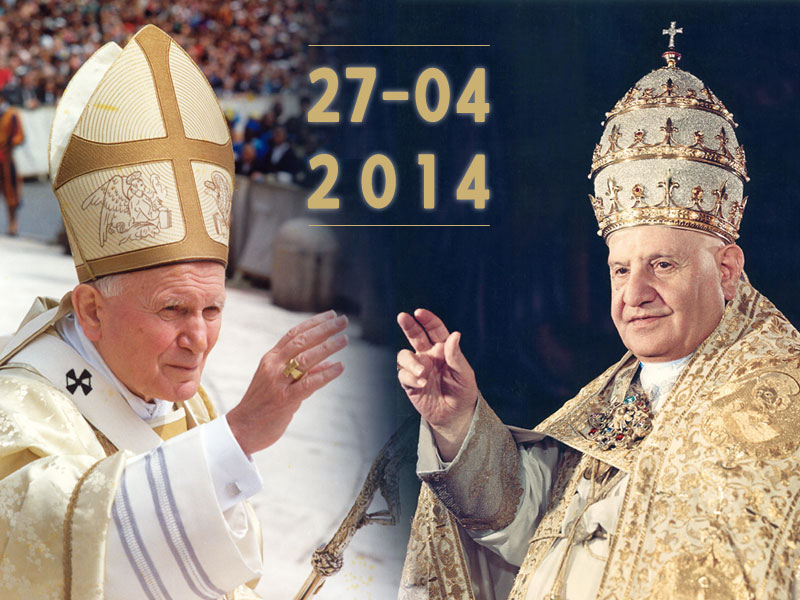For the past few weeks, I’ve been visiting Ireland – south and north – with some students from the University of Dayton. I’ve been learning a lot about Irish history and culture. One of the amazing places we visited is Corrymeela, an ecumenical space for peace and reconciliation. While there, the students and faculty learned about specific ways Corrymeela brought together people across deep and violent divisions in the Troubles of the late 20th century. We learned about ways Corrymeela continues to advocate for peace in Ireland, as well as among American gang members, in other places in the world currently experiencing violence.
Corrymeela itself is a beautiful and relatively isolated spot on the Antrim coast. Its spaces are retreat-like; its community is welcoming and peaceful; people who go there experience acceptance of who they are. It can be very easy to think that Corrymeela’s mission is too idealized, too rarified for “the real world.”
But this was Corrymeela’s challenge to us: the experience of Corrymeela begins when we leave the place. Perhaps like the disciples’ experience of the Transfiguration we are encouraged to see that the witness of peace and reconciliation belongs not to the beautiful spaces but to the troubled and often ugly-looking spaces of the world.
So we are called to think about how we might bring Corrymeela to the heart of our own communities. It was in that context that I started thinking about reconciliation for American Catholics.
Of course, one of the places to start is with the realization that reconciliation means a particular kind of thing for American Catholics. When one of the Corrymeela staff members asked my mostly-Catholic students what reconciliation was, they immediately mentioned the sacrament of Reconciliation. For Corrymeela’s non-Catholic staff reconciliation means something else, though – while reconciliation isn’t disconnected from the Catholic sacramental vision, Corrymeela means the day-to-day work of living with and in communities that are broken.
Catholic life in American features plenty of brokenness. Maybe more of us ought to be in the confessional. But even then, I think we Catholics need to think about things like the following (which I think are not expressly “liberal” or “conservative” points, though some may be tempted to see them as such. Clicking on my links below will suggest otherwise):
- Racial reconciliation and justice
- Public apologies and witness against sex abuse scandals
- Public apologies and witness against acts of hatred against LGBT people
- Catholics’ roles in putting down Protestants or people of other faiths
Among other things…
One temptation is to see making apologies and seeking action and witness against injustice as primarily belonging to clergy, and especially bishops, who are often the public face of Catholicism. But to say this is to do a grave injustice to ourselves and to others – for people are deeply hurt everyday by the actions of regular old Catholics in the pews – in the ways we tell stories about others, or leave them out of our stories, in the ways we gossip, in the ways we say and do things in unthinking ways.
The stories and workshops at Corrymeela made me think about all this, as I heard from individuals who have seen the effects of their own sins on others, and who have confronted some of those demons, and who have made a determination to seek God’s peace in their relationships.
The church is far larger than its hierarchy; the church’s impact on the world is felt on behalf of not only clergy and religious (who do both amazing and hurtful things) but also its laypeople (who do both amazing and hurtful things). I think as American Catholics, we have a witness we can make toward peace and reconciliation in a variety of things – but only if we all are willing to step in and make that move.





Thank you for sharing this, Jana! I, too, have fond memories of visiting Corrymeela with students years ago, and I wrote a bit about it years later during a family trip to the area. https://www.christiancentury.org/blogs/archive/2012-07/after-troubles